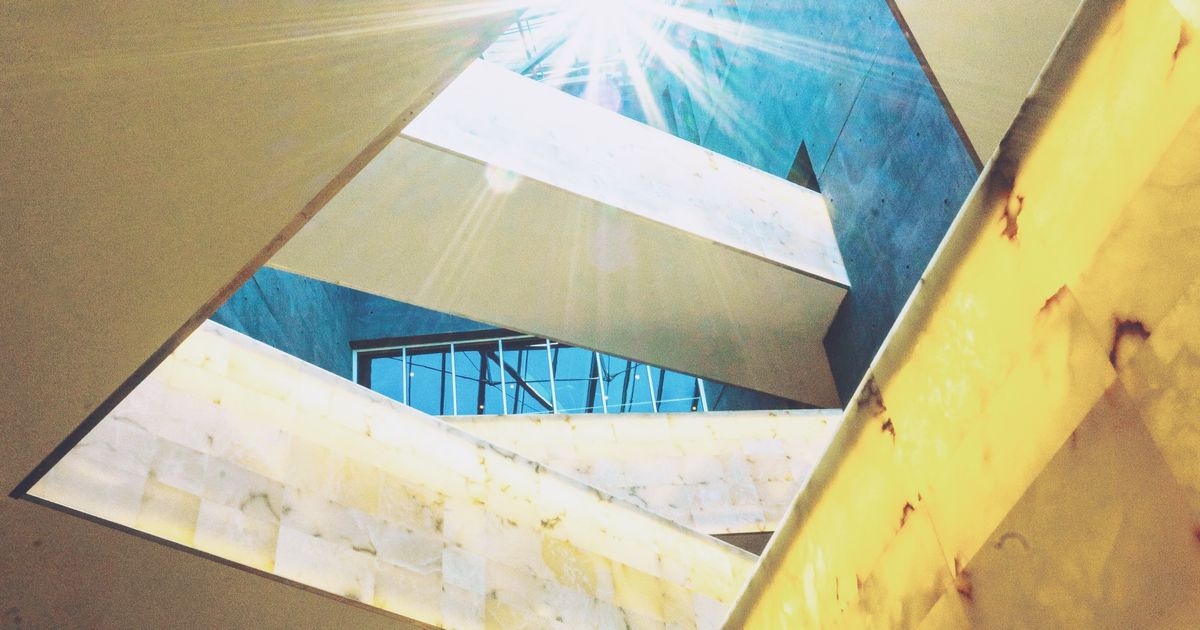Canada, once again, does it better. Not only is our neighbor to the North able to offer free healthcare and create a tolerant atmosphere towards diversity, but it also has tricks up its sleeves when it comes to its smaller cities.
I’ve had a chance to visit Winnipeg, Manitoba on a recent visit to Canada. This trip has reminded me that great discoveries and amazing experiences can be found anywhere—if only we are willing to look.
“Your assumptions are your windows on the world. Scrub them off every once in a while, or the light won’t come in.” – Isaac Asimov
Tucked away in the southeast corner of the vast Manitoba province, Winnipeg is an easy two and a half hour flight from Chicago. Upon landing, a laid back, traffic jam-free version of Chicago awaits. Indeed, Winnipeg has been called “Chicago of the North” during its boom of the late nineteenth—early twentieth century. People have lived here for millennia, attracted to the favorable location on the intersection of the Red and Assiniboine rivers. The battle ground for the fierce fur trading battles of the Hudson Bay Company fame, Winnipeg became Canada’s third-largest city and a major railway transportation center by the turn of the century.
As railways slowly lost importance in the twentieth century, the glory of Winnipeg disappeared with them. Today, a quiet resurgence of a different kind is brewing. In the last year alone, half a dozen new breweries have opened in the city of seven hundred thousand residents. Indeed, Winnipeg is one of the latest places to undergo the craft beer revolution as its laws have turned in favor of craft producers in 2016. Now, it is entirely within reach to stop by a brewery such as Little Brown Jug while strolling through downtown Winnipeg. The open concept craft brewer welcomes customers to come in and enjoy a pint or two while observing the end-to-end beer making process.

This creative upsurge is sweeping across the city. A sure win for the Winnipeg’s creative community, recently launched Design Quarter is a curated destination experience and a collective of local businesses that aims to promote authentic retail and design focused culture. Created and led by Johanna Hurme, a Finnish-born architect who now calls Winnipeg home, the Design Quarter makes it easier for visitors to find unique food, design, and shopping opportunities that are sure to inspire.
One of the spots on the Design Quarter map is Forth. A cafe, a craft cocktail bar, a rooftop music venue, and a community meeting space, Forth is a great example of what Winnipeg’s creative spirit stands for: supporting each other is at the forefront of the city’s creative community.

Another spot on the Design District map that shouldn’t be missed is the Lennard Taylor Design Studio, loved locally and recognized globally for its fashion-forward, detail-oriented pieces that don’t fit a particular mold. Pop in the open concept studio at any given moment and you’re sure to see the soccer-hopeful turned fashion designer and artist himself sitting behind his sewing machine or putting finishing touches on his latest painting, always with a smile.
Fashion designers, jewelry artists, coffee roasters, painters, book purveyors, fine leather craftsmen, and more—this is Winnipeg. If a tight-knit community is one way to describe it, open concept would be another. As if borrowing from the vast swaths of prairies that surround the city, Winnipeggers exchange ideas as easily as they share food on their table, welcome people, and converge on a common goal of growing their city together.


If encountering a passionate community of creative minds isn’t compelling enough, there is an opportunity to experience Winnipeg—and with it, a glimpse of humanity—in a different way. The Canadian Museum of Human Rights is a first museum of its kind dedicated to a concept, not artifacts. Thought-provoking exhibitions about the Holocaust, the plight of the First Nations, the Ukrainian Holodomor, and more educate and invite reflection on human nature and on what it means to have a shared future. It’s a delicate balance to present such difficult topics with dignity, poignancy and compassion. The museum maintains it expertly.
The thoughtful design of the museum was conceived by Antoine Predock. The New Mexico-based architect aims to show, through structures, how human beings can interact spiritually with a building, with technology, with the natural environment and with each other. The architecture with odd angles and contradicting lines continues to stun throughout the visit and represents the idea that the path to equal human rights is not straightforward.

Winnipeg may have been called Chicago of the North in the past, but today the city is coming into its own. Because of places like the unassuming Clementine Cafe (you’ll discover a whole new world by trying its yogurt panna cotta with nectarines), Winnipeg easily competes with such culinary heavyweights as Chicago and New York, while award-winning architects, musicians, artists, and fashion designers choose to create here, with passion.
This spirit is contagious.

This article has originally appeared on yulia-denisyuk.com.
I’m a travel writer, photographer, and a wanderpreneur. My work appears in the Lonely Planet 2016 Literary Anthology, AFAR.com, Matador Network & others. Learn more about me here and follow my journey on Instagram @insearchofperfect.
